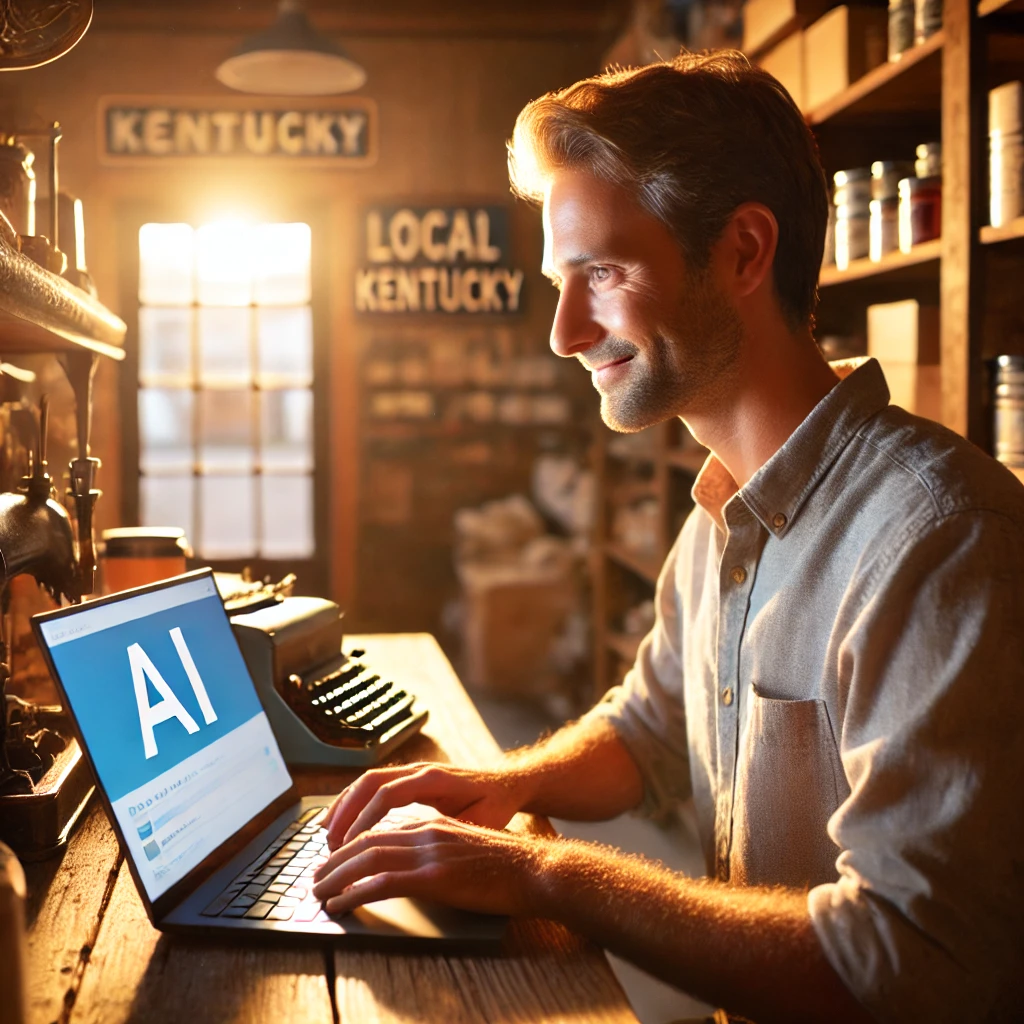Introduction
Artificial Intelligence (AI) is heralded as one of the most groundbreaking technologies of our time. Its impact spans across various sectors, including web design, digital marketing, and small businesses. However, its rise prompts a critical question: is AI a friend or foe? In this blog, let's dive deep into understanding AI's role, its transformative potential, challenges, and future for small businesses.
What is AI?
AI refers to computer systems built to simulate human intelligence processes, such as learning, reasoning, and self-correction. These systems go beyond traditional programming—they learn and adapt independently. AI is prevalent in daily applications, from virtual assistants like Siri and Alexa to more sophisticated systems like autonomous vehicles and predictive analytics platforms. The core idea is to let machines mimic cognitive functions typically associated with the human mind.
AI in Web Design

Imagine a website that not only reacts to user actions but also predicts them. AI in web design enables such adaptive and personalized user experiences. By analyzing user behavior data, AI algorithms tailor content in real-time, significantly boosting engagement and satisfaction. For small businesses, this personalization can translate into higher conversion rates and increased customer loyalty.
Historically, web design has involved intuitive guesses and generalized user demands. However, AI minimizes this guesswork, offering data-driven insights that inform design choices, optimize layout efficiency, and enhance usability.
AI in Digital Marketing

AI is also revolutionizing the realm of digital marketing. It offers precise customer targeting by identifying patterns and trends within vast datasets, making marketing efforts more efficient and effective. For instance, a small business in Eddyville, Kentucky, can leverage AI to conduct hyper-localized ad campaigns that resonate deeply with the community's psyche.
Automation stands as one of AI's significant assets in digital marketing. From automating repetitive tasks like email dispatches to dynamically adjusting ad spend based on performance data, AI frees up valuable time for business owners, allowing them to focus on growth and strategy development.
Challenges and Ethical Considerations
Despite its advantages, AI comes with several challenges. Ethical concerns about data privacy, security, and the possibility of job displacement pose significant questions. Businesses are tasked with using AI responsibly, ensuring customer data protection, transparency, and maintaining trust.
Moreover, over-dependence on AI might lead to a loss of the 'human touch', a critical factor in customer relationships. Balancing AI automation with personal interactions is crucial for preserving the meaningful bonds between businesses and their customers.
The Future of AI in Small Businesses

Looking to the future, the integration of AI in small businesses holds exciting potential. As technology becomes increasingly accessible and cost-effective, small enterprises can harness AI to innovate, compete, and thrive . Envision a small bakery utilizing AI to optimize its website, customize marketing efforts, and streamline inventory management. Such technological advantages can yield significant efficiencies and competitive edges.
Conclusion
In conclusion, AI is neither inherently a friend nor a foe. It is a potent tool that, when wielded with responsibility and understanding, can significantly benefit web design, digital marketing, and small businesses. By recognizing its capabilities and ethical implications, businesses can leverage AI to augment rather than replace human ingenuity and expertise.
To learn more:
Bluedobie Developing is committed to helping small businesses learn about web design and business topics. To ask questions or set up a consultation, check out our Contact Form here:
